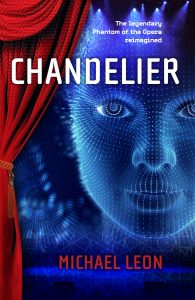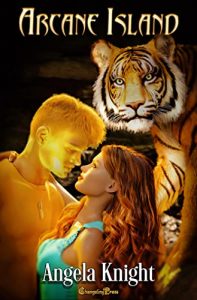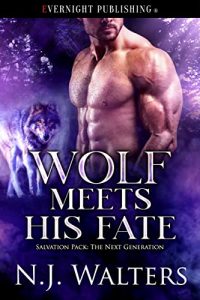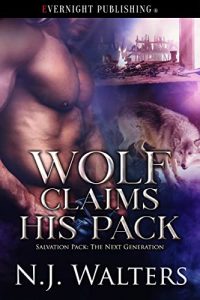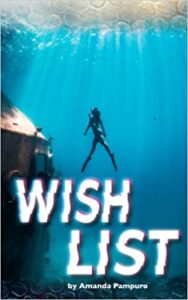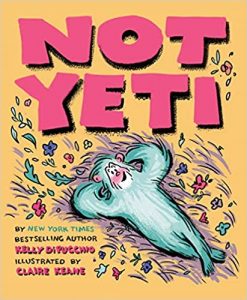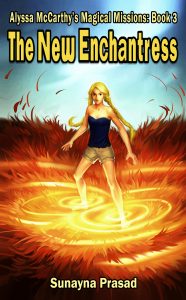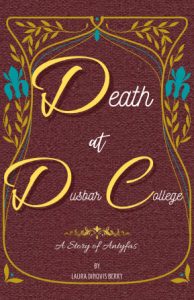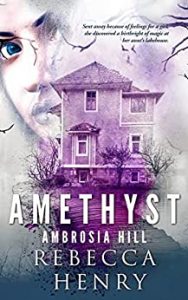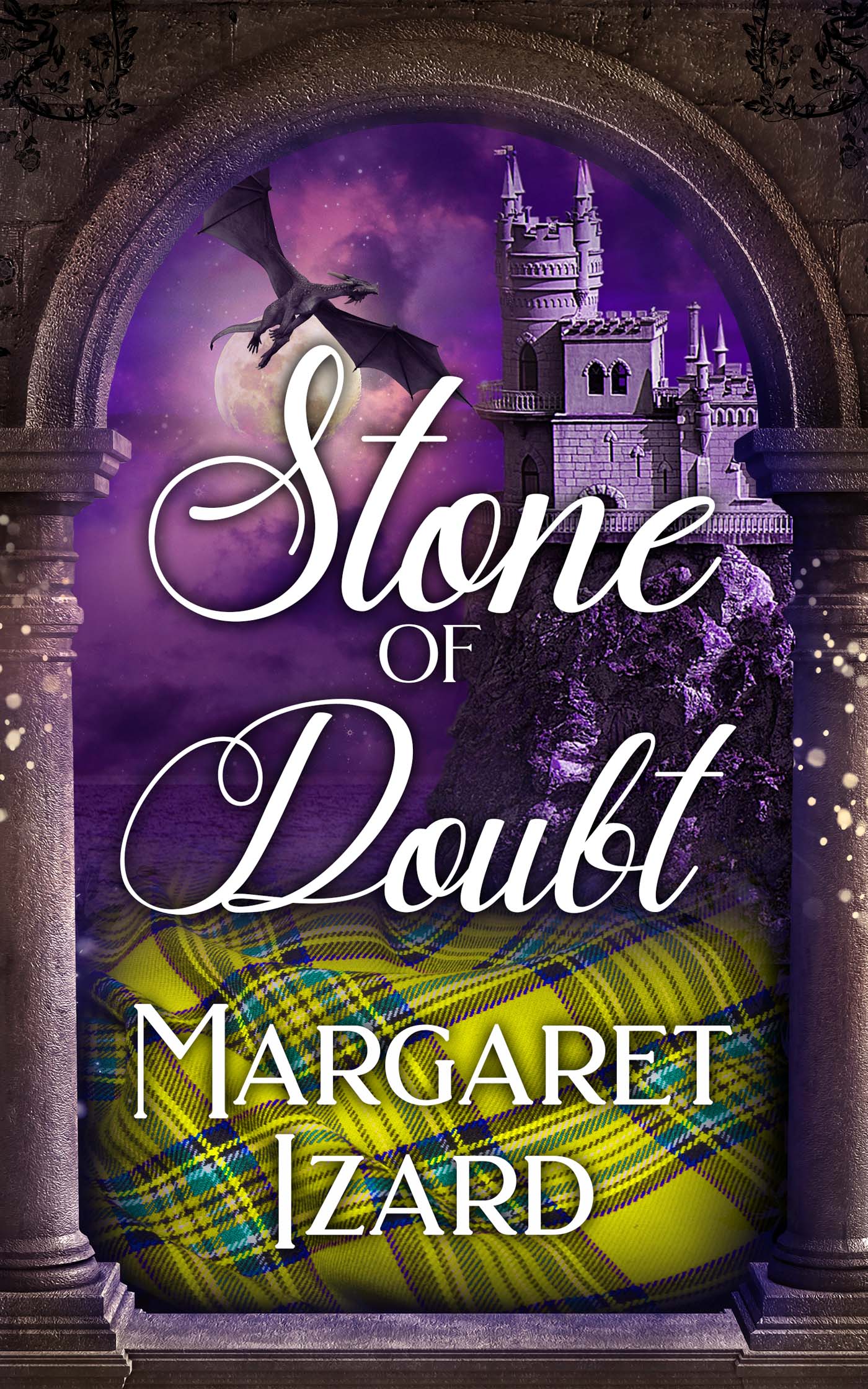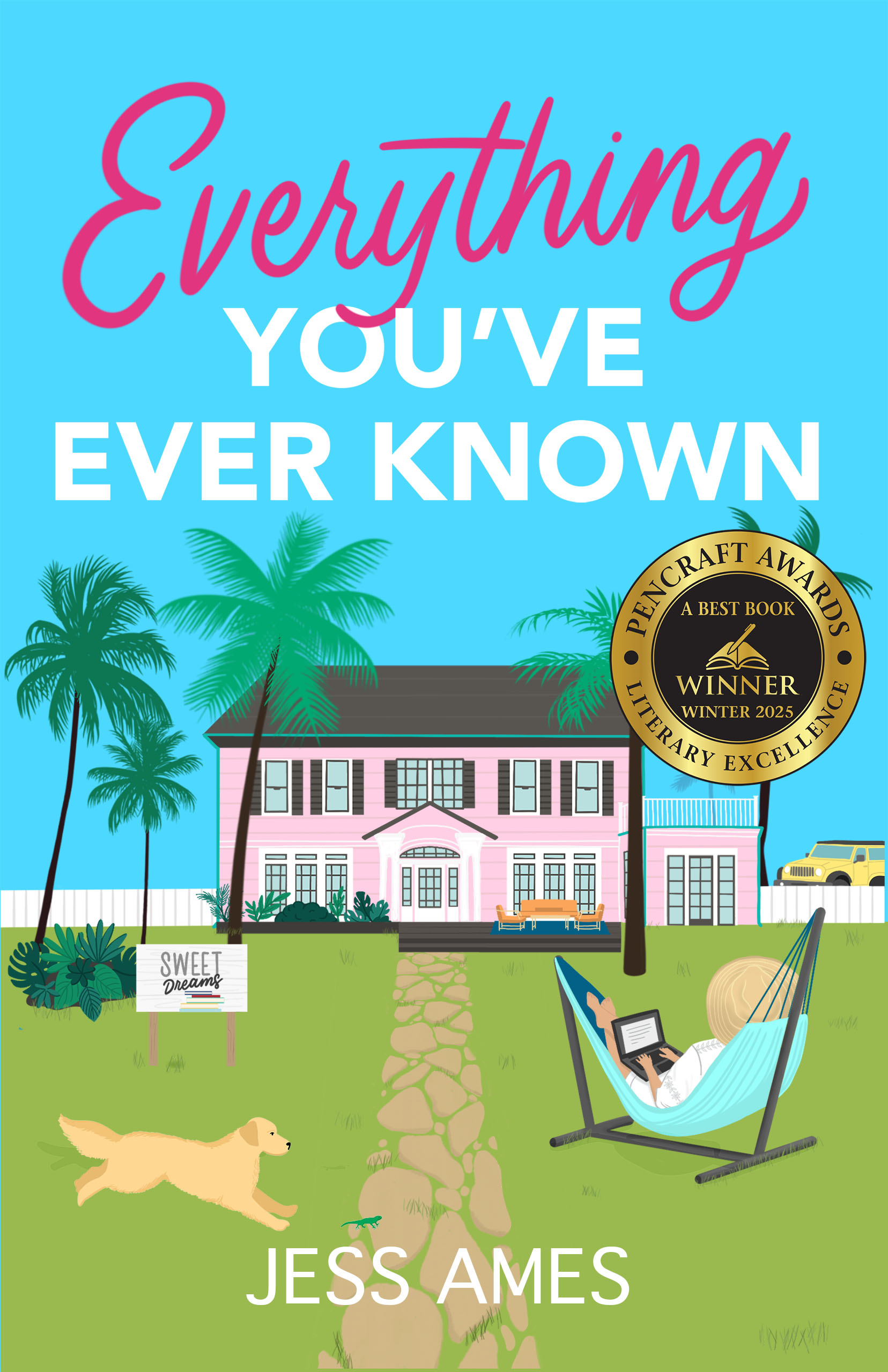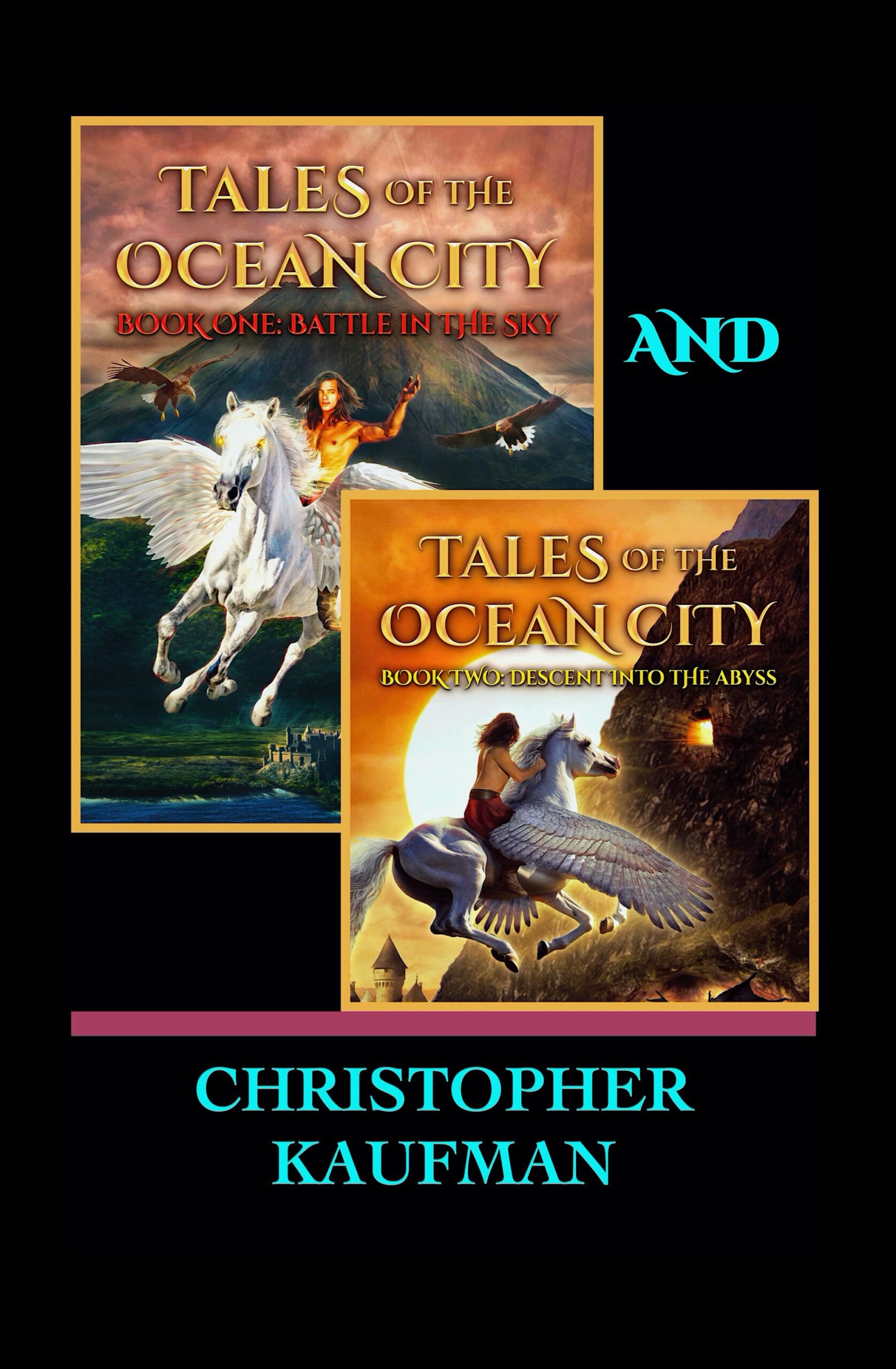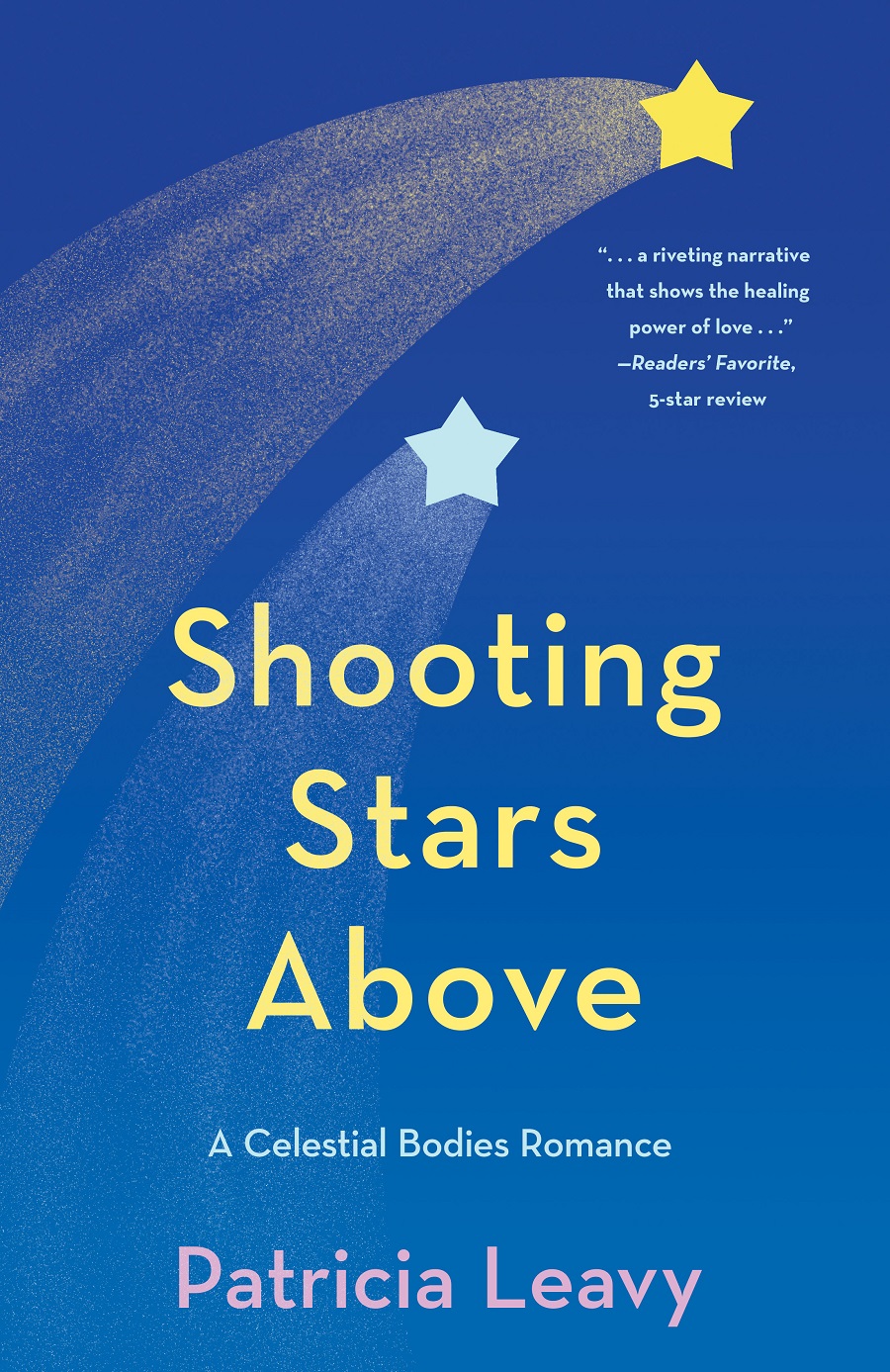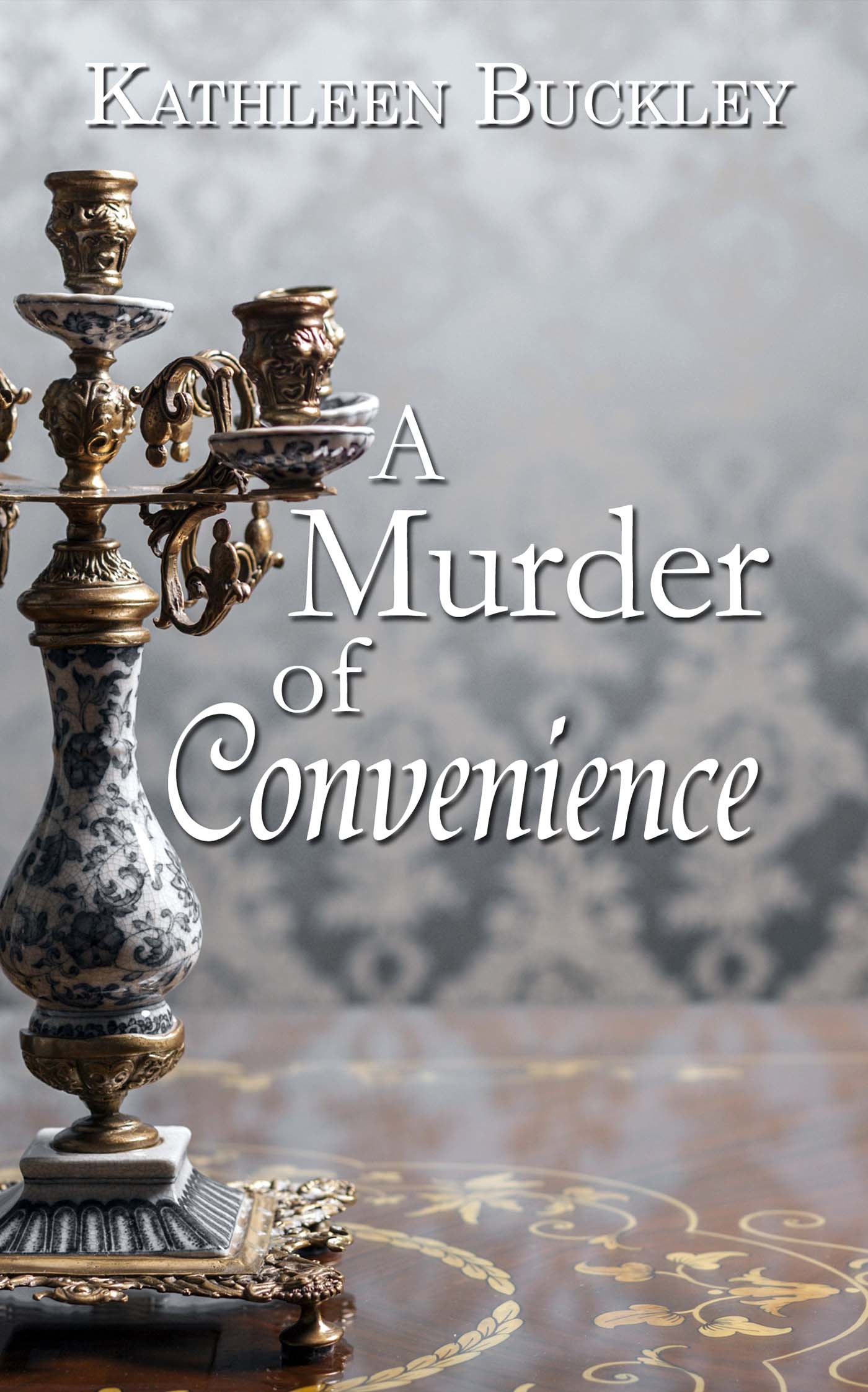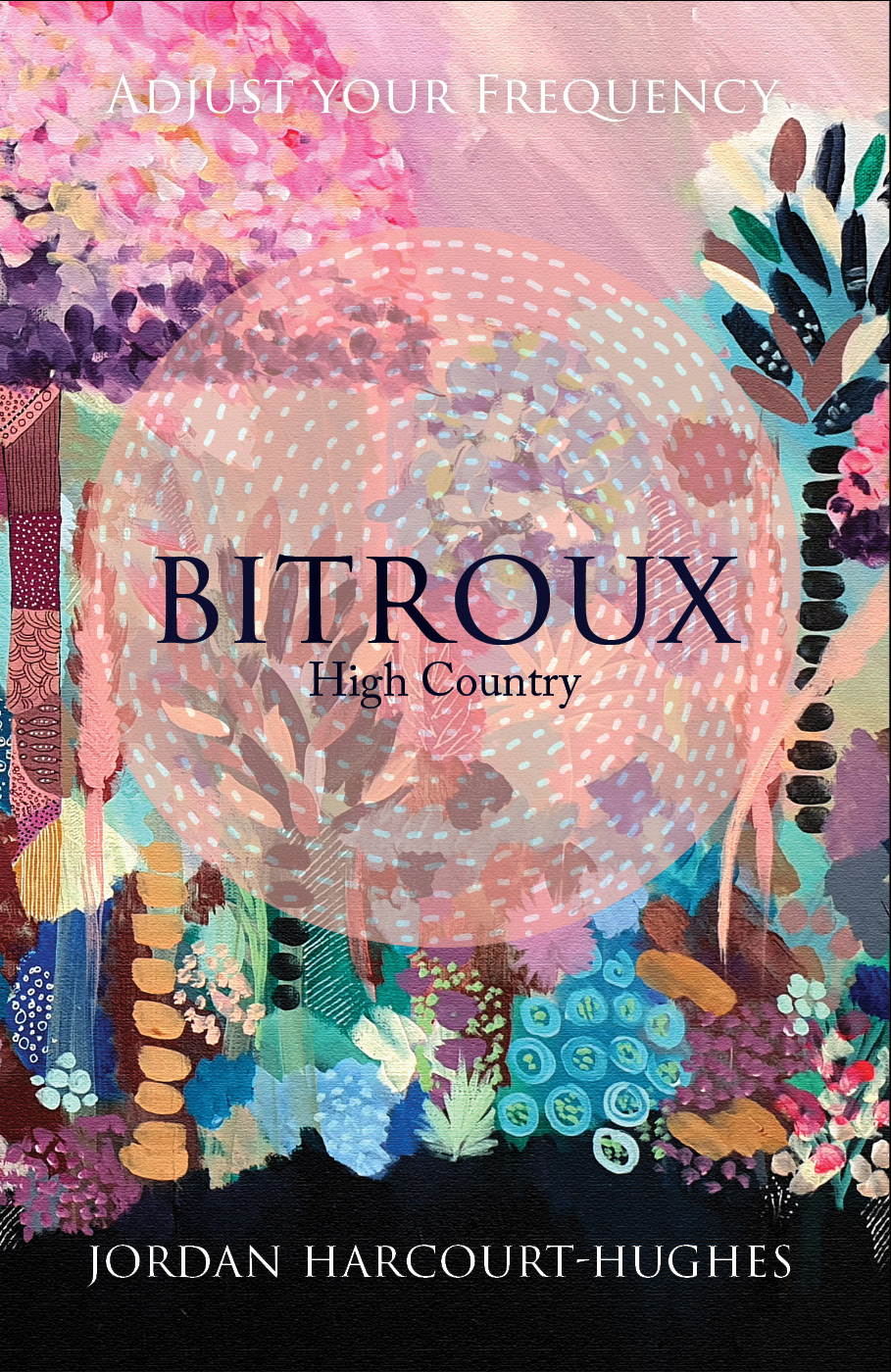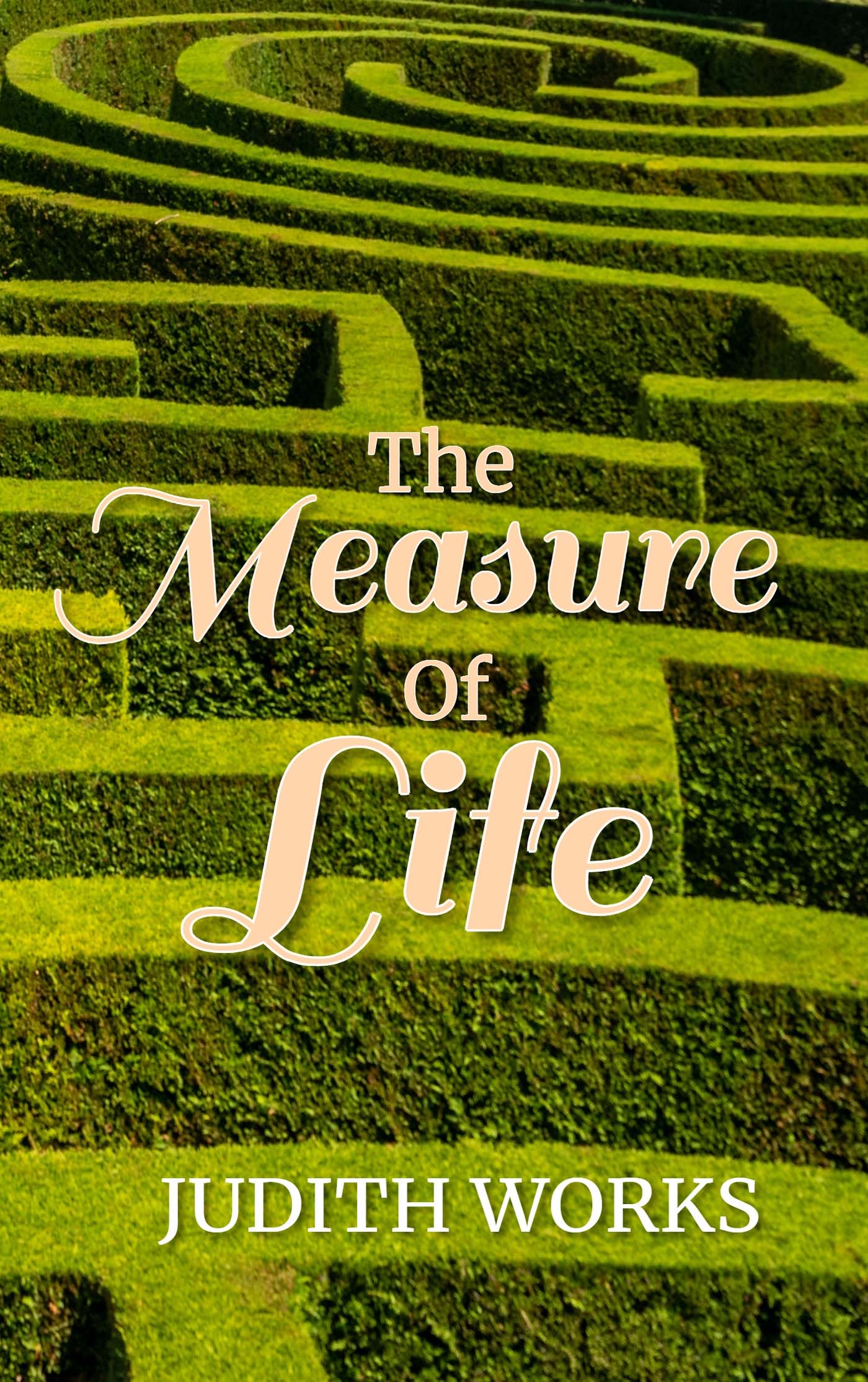Chandelier by Michael Leon
Publisher: Self-Published
Genre: Science Fiction, Romance
Rated: 4 stars
Review by RoseCHANDELIER is the genre-bending sci-fi/fantasy-romance novel follow up of Michael Leon’s 2019 fantasy-romance book, PHANTOMS. A century has passed since the fabled Phantom ruled the Garnier Opera House. Technology has advanced, and AI has evolved beyond human knowledge. They reside in a virtual Earth, free from the ravages of an environmentally damaged Earth where humans and post-humans live under AI’s qualified governance. CHANDELIER follows one AI sentient’s journey, Benny, whose loyalty for a famous opera singer, Madame D’Arenberg, sets him on a dangerous course, entangling him in The Phantom of the Opera’s deadly web.
This is a wonderful addition to the Phantom of the Opera pastiche-canon. It’s a sequel to the author’s previous work Phantom (see our review here), but can easily be read as a standalone. However, the reader will do themself a disservice if they don’t read them both. Any reader would definitely get a richer experience that way.
This author has a remarkable knack of drawing the reader into the story. There are many twists and turns and it was quite enjoyable to try to figure out exactly what was going on with Benny and Diva. I love the the way the author twisted the genres to bring us an amazing story.
